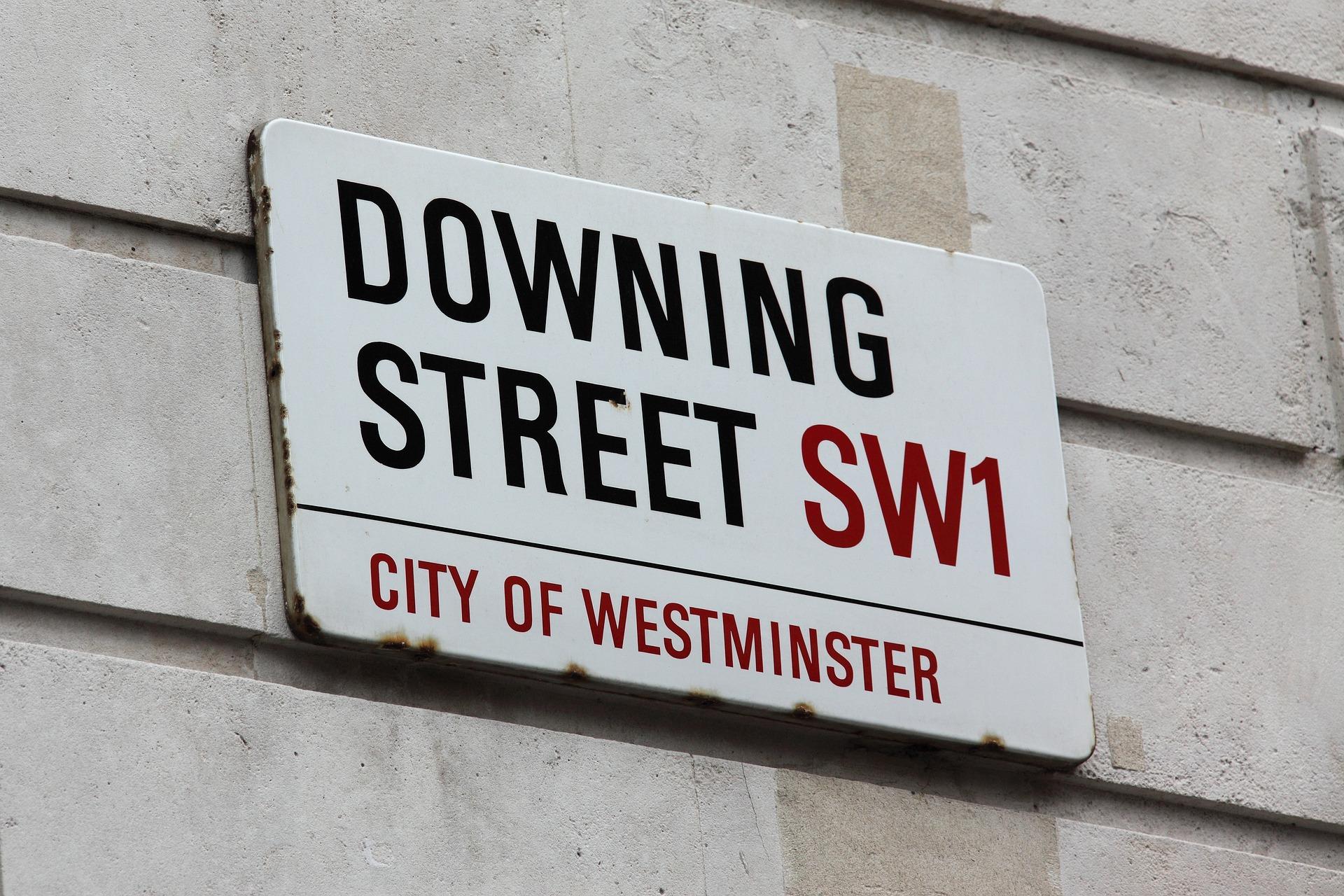There are plenty of options that might sound more appealing at first glance than A level Politics, but when we stop to consider what the subjects actually entail, it becomes apparent that Politics is not only a road to potential affluence and a potential role in the government, but also provides an exceptionally broad range or useful and relevant skills that are hard to find elsewhere.
In this article, we’ll discuss the advantages of taking the Politics A level, take a brief look at the syllabus and also how to know if the subject isn’t for you.

Qualifications
As with any academic A level, Politics is a chance to channel your interest in policy, current affairs, debate and much more into a valuable and respected qualification that will effectively be the Midas touch your CV needs in order for employers to take you seriously.
Whether you choose to go into Politics directly after studying, continue pursuing it academically, or shift your interests entirely, every employer who sees this qualification will immediately see a confident, intelligent and à la mode candidate who knows how to think critically, stick up for themselves and others and make good decisions while fully understanding the impact that their actions and choices have on their workplace and colleagues.
If you are looking to specialise using the qualification, popular options include working in the legal sector, journalism, administrative positions and of course a whole plethora of election campaign related jobs that require your understanding of the democratic system. But the sky's the limit when it comes to finding applications for a Politics qualification.
What to expect
Before we get into the syllabus, let’s outline what you can generally expect to come across in this A level choice. During your course, you will learn the ins and outs of the UK government and other governments around the world, which will allow you to understand and participate comfortably in the complicated world of politics. You’ll also learn about the different branches of the government and the roles they play in organising and running society.
This will be a great additional opportunity to gain a comprehensive insight into the different sectors and find the most appealing specialisation that suits you and your career plans. If you’ve ever wondered how the government spends tax money and how the budget is allocated each year, studying A level Politics will be an eye-opening experience.
If you choose to commit beyond A level, you’ll also be able to take this knowledge and commit it to helping your community and effecting real meaningful change in the country that will leave its mark on people's lives for years to come.

The Syllabus
There are of course many different exam boards and thus many different syllabi that you might need to consider based on where you plan to attend sixth form or college, but today we will be looking at the Edexcel syllabus specifically. Despite some differences, the content covered by different exam boards should be similar enough for this article to paint a good picture of the A level in general. Just remember that if you have any doubts, the alternative syllabi should be available for free online, so make sure to take a look.
The Syllabus is broken down into 3 components, which are further broken down into modules and taught over the course of the A level.
Component 1: UK government
In this component, students learn about the functioning of the UK government, the democratic process and the democratic ideology, alongside the different interpretations and applications of this philosophy by the various parties, which are also covered in this section. There is detailed content about the electoral system, the process, and processes of voting and election and the complex yet exceedingly important behaviour of voters and how to understand such behaviour in the context of successful campaigning and election.
There is also an emphasis on how the media interacts with and affects politics and the election process itself, which is further support of why a politics A level is sought after in those wishing to study journalism.
Component 1: Core Political ideas
The other part of this component consists of learning about the core political ideologies adhered to by the majority of UK electoral candidates, or the status quo among voters. Students are taught about three core ideologies which include conservatism, liberalism, and socialism.
For each of these ideologies, students are introduced to the fundamental concepts and principles comprising them, in addition to being introduced to their history by means of studying key thinkers and contributors, in addition to contemporary and past leaders of their respective movements and parties.
Component 2: UK government
The second component revisits the UK government, this time with a focus on different subjects. Students learn about the formation and developments of the UK constitution and its constituent historical documents. Students also learn about Parliament, the House of Common and House of Lords, as well as the passing of legislation and the function of MPs and Committees.
Parliament content is closely followed by a specific look into the role and election of the Prime Minister, with a focus on their power, responsibility and their interaction with their cabinet. Lastly, the different branches of government are given an in depth look; some EU legislation is also covered as it pertains to the UK.
Component 2: Non-Core Political Ideas
Students are given a chance to study a political ideology of their UK, the choices being more socially oriented or those which are considered more radical than the flagship ideologies of the UK. The choices include, Anarchism, Nationalism, Ecologism, Feminism and Multiculturalism. This is a broad range of options within which students are sure to find a specific interest.
Component 3: Comparative Politics
In the third and final component, the UK is compared to the USA, another western democracy, to teach students about the differences between the two countries and how the same political ideology can be applied and interpreted in different ways. The main topics covered within this component are the US congress system, differing tactics used in UK and US politics, a detailed comparison between the US and UK judicial system and of course the difference in the election process, leading up to a comparison of the roles and responsibilities between the UK Prime Minister and the US President.
If you have an interest in the states or want to learn more about how a culture with a common language and ideals is doing after a few centuries of independence, you’ll certainly find this part interesting.
Component 3: Global Politics
The final topic covered in the Politics A level is global politics. This section has several main focuses, all of which look at how various affairs are handled on a global level. While things might certainly be complicated on a regional or national level, the complexity only increases when we consider entire countries and their generalised interests competing with each other for attention and resources on the world stage.
The first theme explored in this section is the idea of the state itself in a political context and the concept of globalisation. Next up is global governance, a topic which explores international laws and human rights, which are most commonly associated with large international governing bodies like the United Nations.
There is also a contemporary focus on global environmental policy and the tricky question of responsibility, especially when it comes to waste in a large multi continental supply chain. The other key idea that this topic focuses on is that of power and ‘powers’, and how different market economies group together to compete and trade with each other in an ideological phenomenon known as regionalism.
The main takeaways from this subject should be how the world reached its current geopolitical state and how the factors might continue to evolve in the future.


What if it's not for me?
Since not everyone has had a taste for politics academically, considering it’s not a very commonly provided subject at the GCSE level, it might be hard to compare it to other subjects or know whether you would have an aptitude for it. If you happen to enjoy either English or History in GCSE, then Politics could certainly be a good option as a specialisation of those skills.
History as a subject is particularly similar because it is essentially the politics of the past, which means that if you prefer contemporary things, or are indifferent to either, you would surely fit right into the Politics course.
If you are shy and have serious problems with debate, confrontation and public speaking, then perhaps it's best to consider other options than Politics, however that’s not to say you should be discouraged if it’s your passion for other reasons. During the course, you will likely make many like-minded friends and the practice that you get with the frequent debates, discussions and highly encouraged classroom participation means that before you know it, communication might become one of your greatest strengths!
If your concern is with the style of examinations and course content, make sure to use the free resources available just a Google search away to check up on the politics A level advanced information.
As we mentioned previously, not just the Edexcel syllabus, but all of the key syllabi are available for free online in addition to a great many A level politics past paper questions that will give you an idea of the types of questions that will be asked in the examinations, as well as the other assessed work that will be part of your final grade.
It’s also a really good idea to ask someone who’s done the course what they think and have a discussion with them. If you take all these steps, you should be able to find out for certain if Politics is the correct course for you.
Afterword
We hope you enjoyed and found this article insightful. Who knows? Maybe some of you are newly prospecting Politics students, or at the very least some of you may have dodged a bullet. Either way, myself and the other writers at Superprof wish you luck in your upcoming decisions and hope that you enjoy whatever A-levels you choose to study. If you want to find information about other subjects, make sure to stick around, as we have plenty of articles covering lots of other courses. Until next time, take care.
Summarise with AI:















